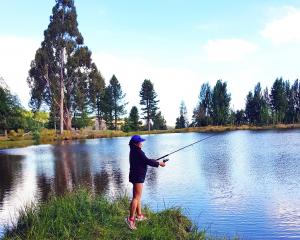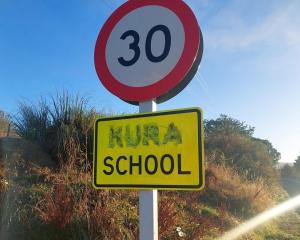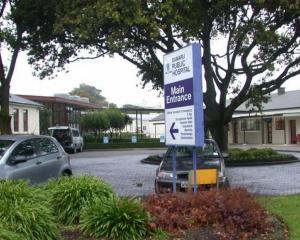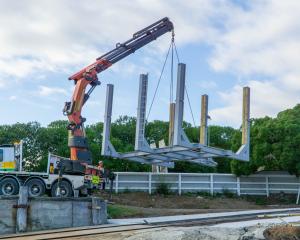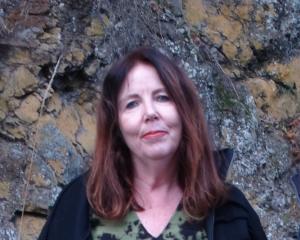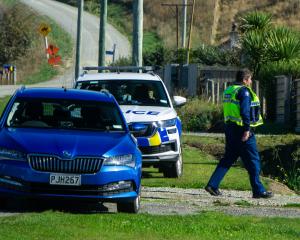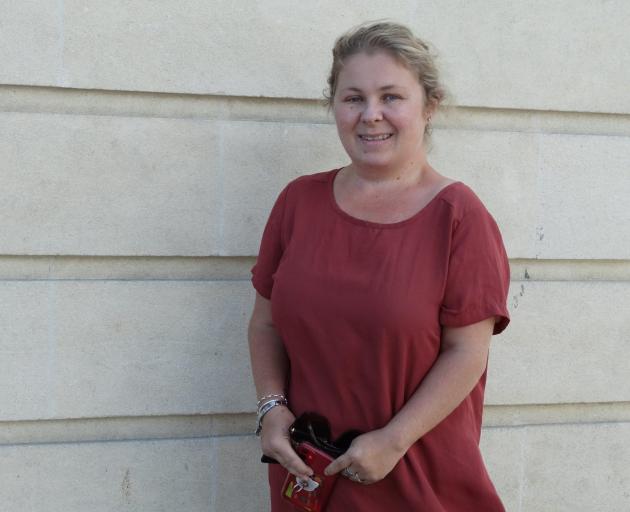
By Ashley Smyth
Hokey-pokey ice cream was Mel Sloan’s first taste of freedom after leaving quarantine in New Zealand last month.
The Oamaru Mail has been following the plight of the Palmerston-raised woman, who taught in Oamaru before heading overseas.
Miss Sloan became stranded in the United Kingdom earlier this year, after she woke one morning in June unable to move and suffering cramping spasms in her legs.
She was diagnosed with osteoarthritis at a young age, and required emergency surgery in July to fix a compressed spinal cord, which threatened to leave her paralysed.
She had been living and teaching in England for the past eight years, and due to her health problems, had been self-isolating since March, when Covid-19 made its presence felt in the United Kingdom.
"I’m home. My gosh, what a journey," she said.
Post surgery, Miss Sloan said she was feeling the best she had felt in a long time. She spent August learning to walk again, and September weaning herself off all the opioid medications she had been on.
"I’m now on the lowest amount of medication I’ve been on in about nine years.
"And I’m back in the classroom, ready to teach. In July, I didn’t see myself teaching ever again."
She appreciated how lucky she was to be be back in New Zealand, despite having to leave the place she had grown to love.
"I’ve come home to beautiful weather, that kind of takes the edge off it, and I’m with my family, and I’m grateful for that."
Assimilating back into regular life had been a gradual process, she said.
"I went and got hokey pokey ice cream, and then I actually said to my friend, ‘Can we just go home?’.
"I kind of felt quite daunted by the busy-ness, and there was no distancing, nothing."
In England, Miss Sloan had been used to wearing a mask since March, and admitted crowded places still scared her a bit, "even though New Zealand has done a phenomenal job of keeping [Covid-19] at bay".
Miss Sloan had mixed emotions about leaving England. She was happy to be home, but was sad about leaving her "England family" behind.
She said the difference between the situation in New Zealand and England was stark.
"It’s amazing. There’s zero evidence of Covid here, aside from the fact that you see the odd place with hand sanitiser.
"Honestly, New Zealanders actually don’t know what Covid is. It was horrendous over there, and it still is . . . the unemployment is unbelievable."
English schools and teachers were doing it particularly tough during the pandemic, having to remain open during the second lockdown which began in November after a surge in cases of Covid-19.
Miss Sloan said St Elizabeth’s, the Coventry school where she had worked, usually had eight teachers but only two were still working, with the rest "shielding" at home for various reasons.
The demographic of the school community was challenging and school had provided breakfast and lunch to its students. In the first lockdown, which lasted 16 weeks from March to July, schools were closed and children went without basic necessities.
"Families were lucky to have food, let alone internet and devices. So the online learning – I think I had four children that were doing their work.
"So the Government then said, ‘well, school’s going to be open’."
There were no masks worn, because students needed to read the teachers’ lips, with English often not a first or even second language. This made communication with parents difficult as well.
"So you had so many barriers. They had no choice to keep schools open. The only other problem now is teachers are falling sick and the Government hadn’t thought of that."
One memory that will stick with Miss Sloan from her time in the United Kingdom during the pandemic was the weekly clapping in the streets for the National Health Service (NHS) workers.
"They had this thing every Thursday where they would go outside and clap for the NHS, and it was quite eerie . . . it was so deathly quiet, when you’re in a big city and there’s just zero traffic, no trains, just clapping. I’ll never forget the sound of it."


